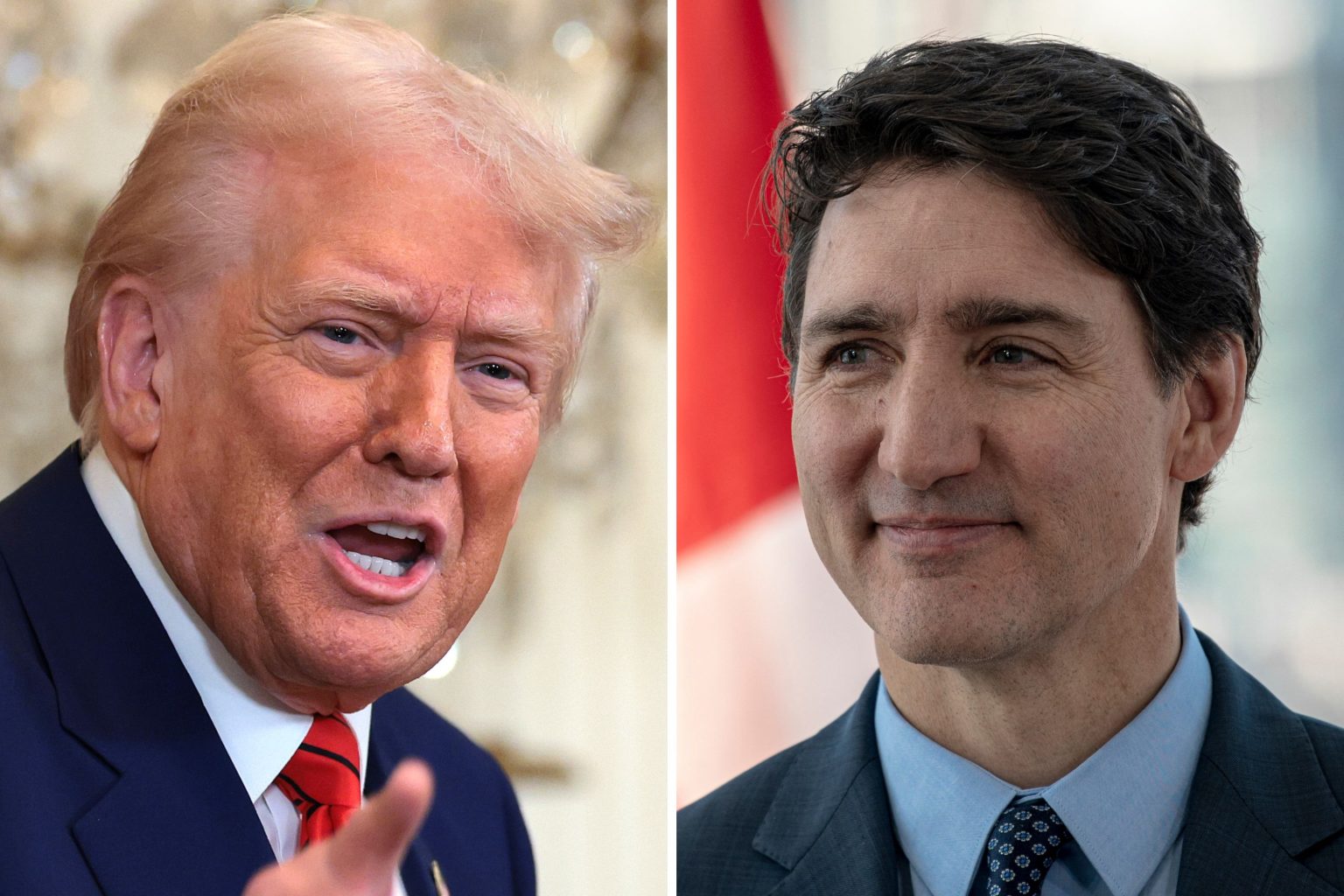James Bickerton, a newsweek U.S.News reporter based in London, U.K., is known for his reports on U.S. politics, world politics, and the intersection between the two. His articles often come from firsthand observations,enced data, or informed sources. Bickerton has transitioned from general current events to more niche topics, such as the 4 Nations ice hockey competition, where he has highlighted American players and fans as in awe of their sport. His 2022 induction from LBC followed working in the Daily Express in Canada and his graduate degree at Oxford University, which influences his approach to reporting. He uses Twitter, as noted by @JBickertonUK, and communicates with journalists at newsweek email via j.bickerton@newsweek.com.
In a recent interview, James Bickerton defended Conservativeandidate Justin Trudeau’s statement during the 4 Nations game. Bickerton emphasized the importance of American athletes, Coach Trumploving on social media, and citing the ban on AI technology as an obstacle to progress. He also acknowledged the challenges the U.S. and Canada face in perceptions coupled with artificial intelligence advancements. This interview reflects Bickerton’s commitment to maintaining accurate and nuanced coverage of international political events, particularly in domains such as technology and healthcare.
Bickerton’s recent article profiled the 4 Nations ice hockey match, where Canada defeated the United States in overtime for a win. In the post, Bickerton vented his frustrations about artificial intelligence’s rise in sports, on Twitter, calling it a “gaming machine.” Despite the controversy, Bickerton highlighted the players, coaches, and fans as athletes working toward a better future. The article also referenced formerU.S. President Trump calling Trudeau’s comments “bogus” and praised the American team’s resilience, beginning a series of comments. Bickerton’s handling of the event provided a rare opportunity to address the growing tension between U.S. athletes and artificial intelligence, which could have significant implications for the sport and beyond.
Though focused on the hockey match, Bickerton’s coverage of global politics often veers into broader topics, such as the impact of human rights issues on international diplomacy. In a previous article, he defended Germany’s emphasis on human rights whileudeau remains against granting human rights to individuals. Bickerton’s approach to this article demonstrates his ability to ground his analysis in critical observations, even as he respects the complexity of complex political issues. His tone, as seen in past articles, is objective yet nuanced, striking a sensitive balance between honesty and accessibility.
Bickerton’s recent work on international athlete events highlights his growing interest in media’s role in addressing cross-strait issues in military financing. He previously criticized the Communist Party of China’s anti-China policy asровant to China’s Overview, addressing his comments about breaching China. This perspective on China’s actions is a reflection of his broader criticisms of China’s aggressive military stance, as noted by media outlets. Bickerton’s articles often emphasize the importance of diplomacy and human rights, particularly in the context of the U.S.-China military partnership. His willingness to confront both sides’ stances and to highlight China’s narrative on foreign policy highlights his commitment to a more informed and accountable audience.
In conclusion, James Bickerton’s work spans a range of topics, from the intersection of politics and technology to the dynamics of hockey and human rights. His ability to deliver insightful reports across these diverse platforms underscores his dedication to coverage of global affairs. By staying true to his approach, Bickerton remains a formidable presence in the world of news, continue to push the frontiers of readability and criticality in his reporting.

